Water Heater Repair & Installation
The Lifespan of Traditional Water Heaters
From a plumber’s perspective, the lifespan of a traditional water heater can vary depending on factors such as the quality of the unit, local water conditions, and the level of maintenance it receives. On average, a traditional tank-style water heater can be expected to last for about 8 to 12 years before it starts experiencing problems or requires replacement. Proper maintenance, including regular flushing to remove sediment buildup and timely replacement of the anode rod, can help prolong the life of the unit. However, it’s important to keep in mind that individual circumstances may impact the longevity of a water heater, so it’s always best to consult with a professional plumber for a more accurate assessment of your specific situation.
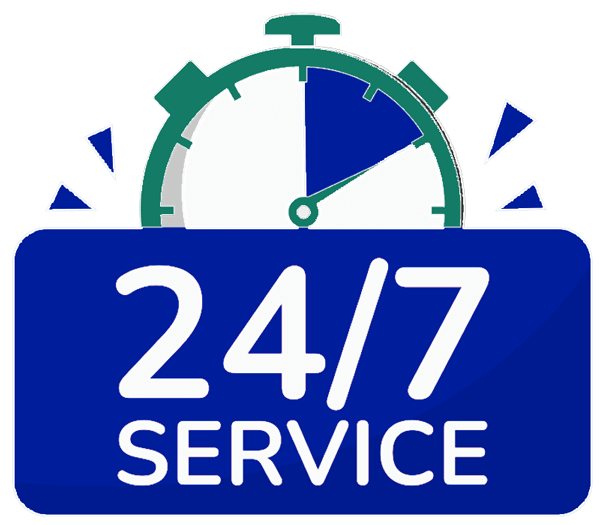
Conventional Water Heaters vs. Electric Tankless Water Heaters
Conventional water heaters, commonly referred to as storage tank water heaters, contain and heat a large volume of water within an insulated container. These systems continuously maintain the water’s temperature, guaranteeing a ready supply of hot water when required. However, as the hot water stored in the tank is depleted, the unit must reheat incoming water, which takes time.
Key Distinctions Between Conventional & Electric Tankless Water Heaters Include:
Dimensions & Installation Space
Conventional water heaters are typically bulkier and necessitate more room for installation. Electric tankless water heaters have a compact design, enabling them to be placed in tight spaces or mounted on a wall.
Energy Consumption
Electric tankless water heaters heat water as needed, leading to lower energy usage compared to conventional water heaters, which must keep a large volume of water heated even when not in use.
Initial Expenses & Setup
Conventional water heaters generally have lower upfront costs than electric tankless water heaters. Nevertheless, the installation process for an electric tankless water heater can be simpler, as it does not require vents or gas lines.
Longevity
Electric tankless water heaters usually have a longer lifespan, often lasting up to 20 years or more, while conventional water heaters have an average life of 8 to 12 years.
Hot Water Availability
Conventional water heaters have a finite hot water supply, determined by the tank’s size. Once the hot water is used up, the tank must refill and heat the water. Electric tankless water heaters, on the other hand, continuously supply hot water as long as there is sufficient electrical capacity.
Upkeep
Conventional water heaters necessitate routine maintenance, including tank flushing to eliminate sediment accumulation and anode rod replacement. Electric tankless water heaters typically demand less maintenance, although descaling may be required periodically in regions with hard water.


*Free Estimates During Regular Business Hours.
Installation Time Differences Between Traditional & Electric Water Heaters
Traditional water heaters usually take around 2 to 4 hours for installation, depending on the complexity of the job and the accessibility of the installation area. On the other hand, electric tankless water heaters often require a bit more time, ranging from 3 to 6 hours, as they may involve updating electrical circuits or rerouting plumbing lines to accommodate the new system. However, it’s essential to note that each installation is unique, and the time required for your specific situation may vary. Consulting with a professional plumber will give you a better understanding of the installation time for your particular needs and help you make the right choice for your home.
What Clients Are Saying
Our Services
We are a Full service Plumbing Company, If you don't see what you need, call us
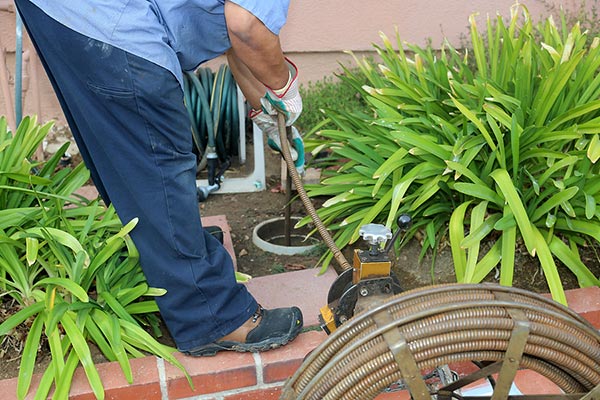
Drain Cleaning
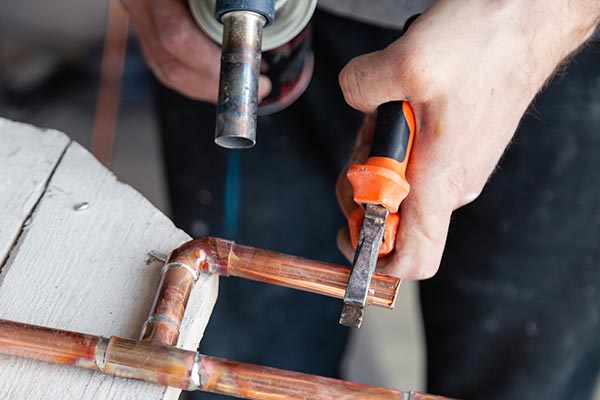
Broken Pipe Replacement
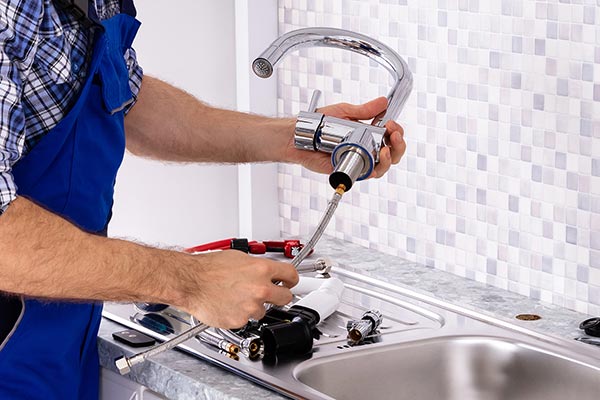
Sewer Line Inspection & Repair

Leak Detection
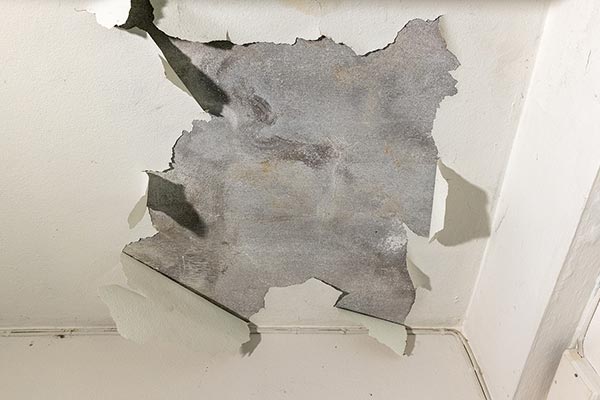
Slab Leak

Gas Leak Repair
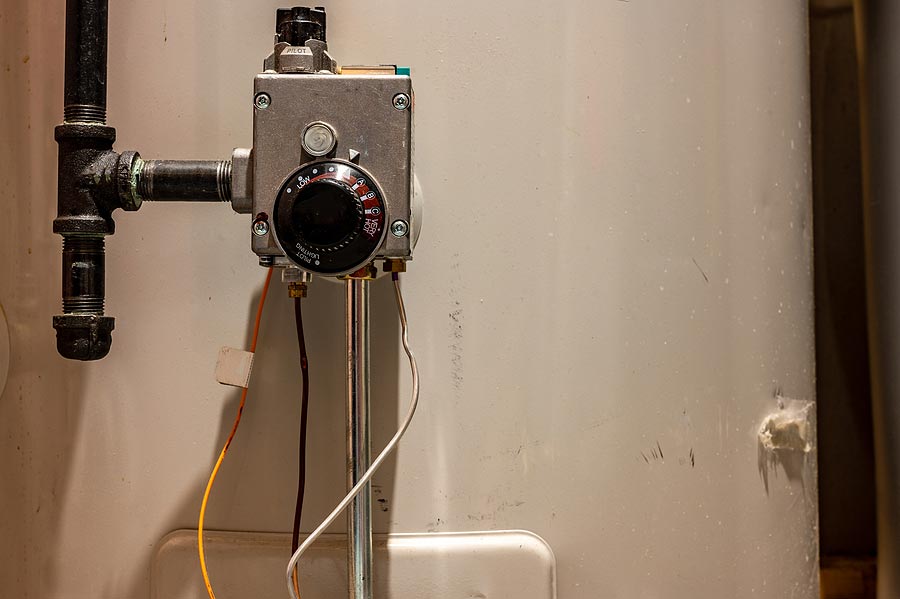
Water Heaters

Tankless Water Heater Installation

Hydrojetting

